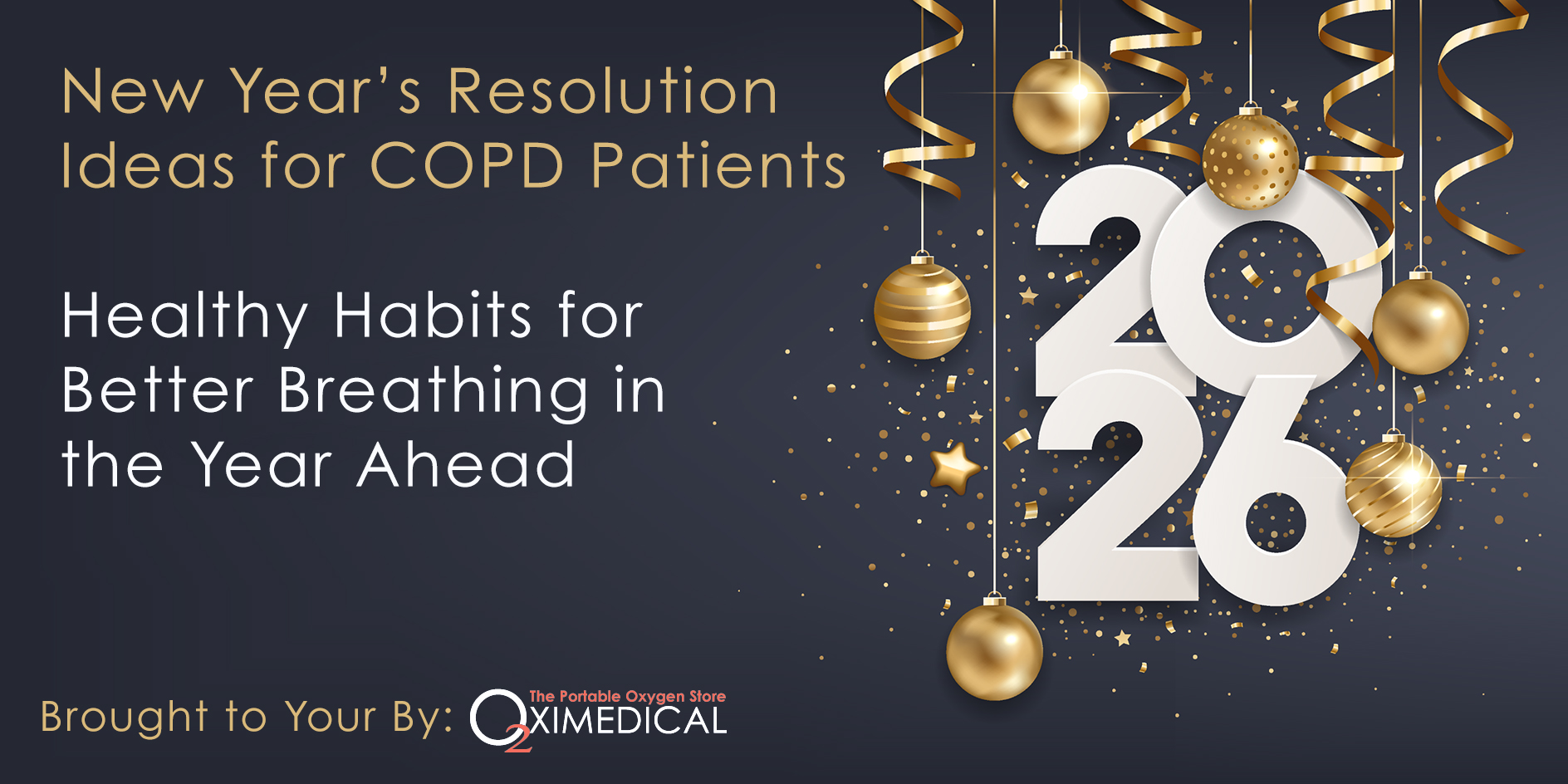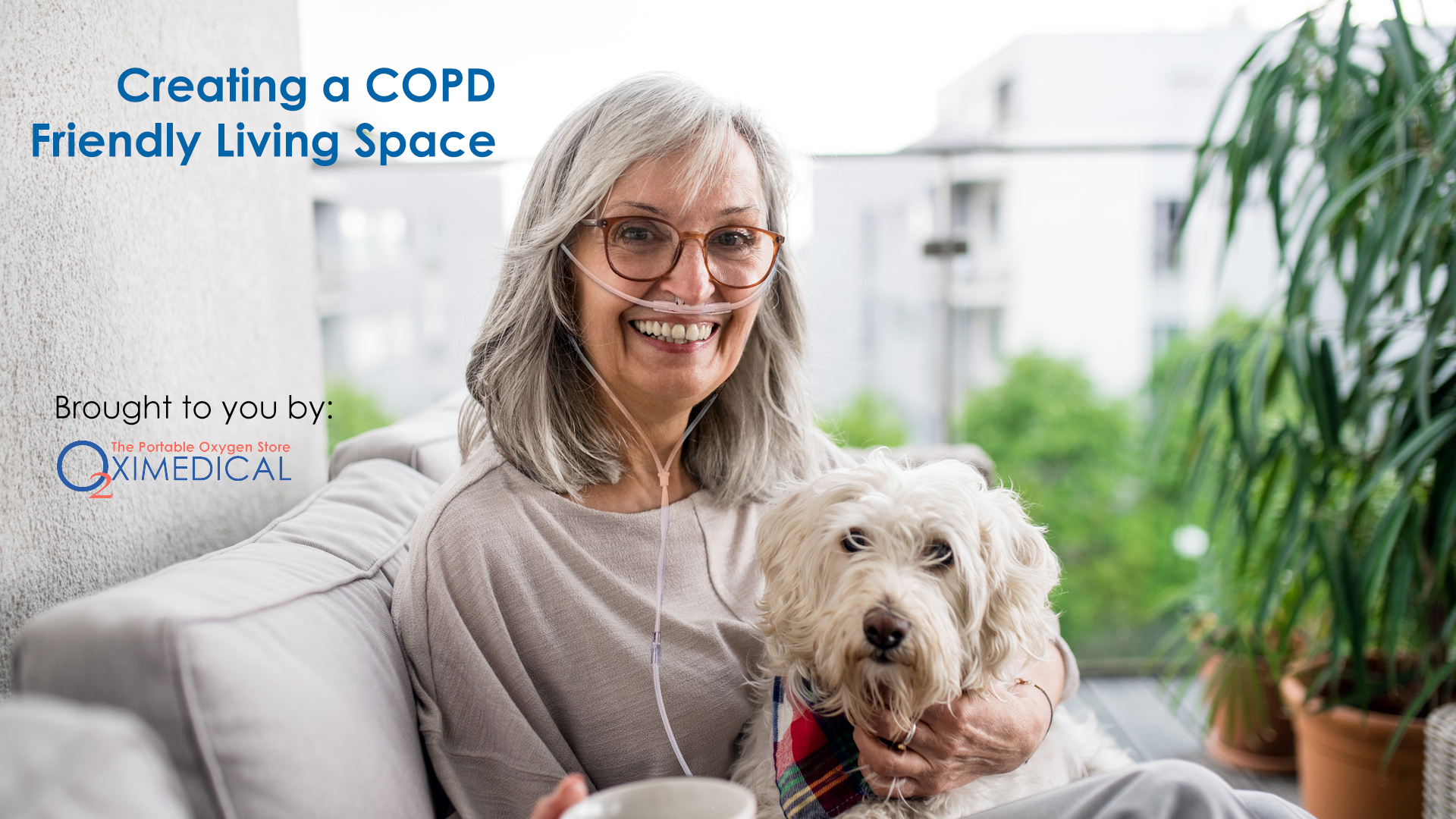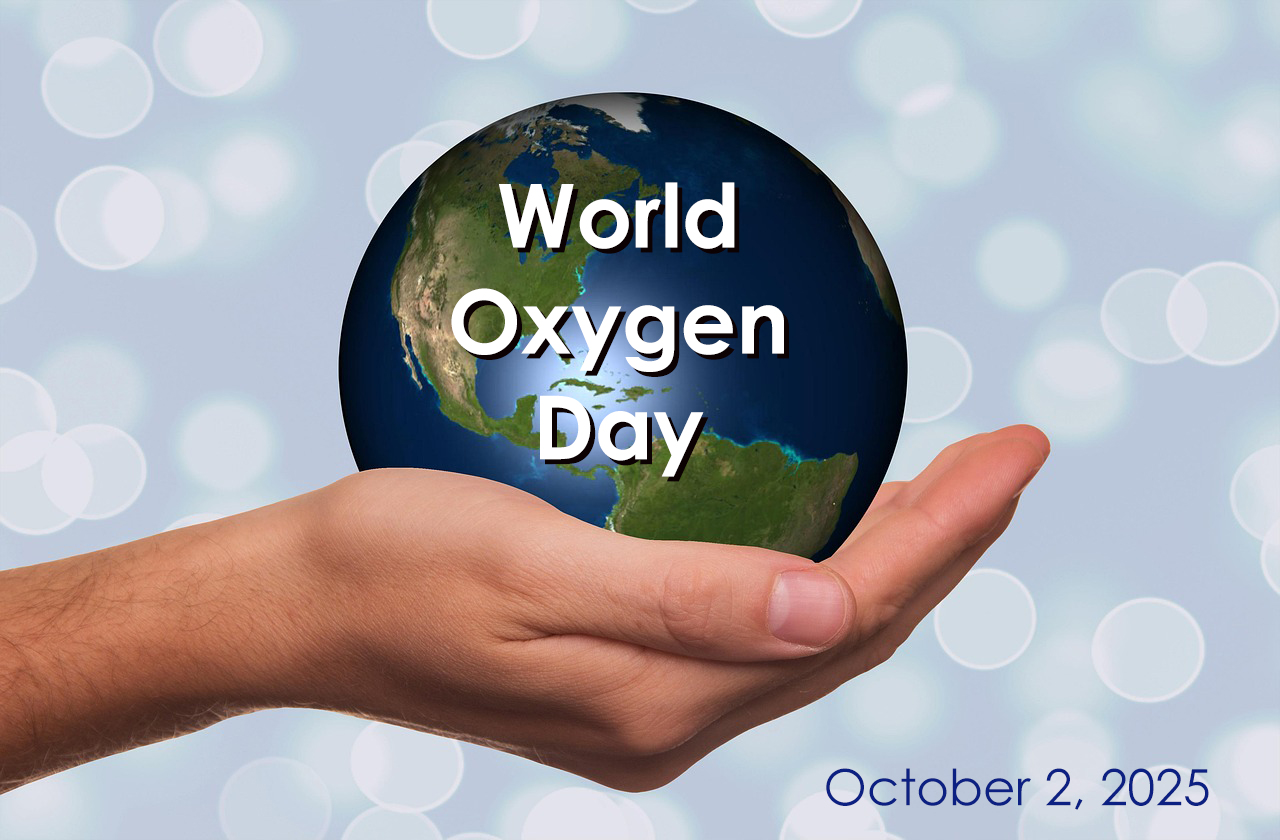
What exactly is Chronic Obstructive Pulmonary Disease (COPD)? It is a chronic lung disease that makes it very difficult for people to breathe. COPD also includes chronic bronchitis and emphysema. Air becomes progressively trapped inside the lungs due to excess mucus, scarring and narrowing of the air passages and destruction of the air sacs (emphysema).
COPD affects 16.4 million diagnosed adults and millions more may be undiagnosed. It’s important to know the symptoms as early intervention can decrease the rate of decline in lung function and improve quality of life.
Read on to learn about the 4 stages of COPD.
Stage 1
The early stages of COPD may be tough to spot. The earliest signal is a nagging cough. This cough could be dry or produce clear, white, yellow, or green mucus. Another early sign is finding oneself out of breath more often than usual.
These signs are easy to miss because they appear normal for aging adults. However, if the symptoms are new, you may want to check with your doctor. They may prescribe a rescue inhaler to relax the muscles in the airways to make breathing easier.
Stage 2
As COPD gets worse, the symptoms begin to affect daily life. This is the stage when most people go to the doctor and find out they have the disease. All the symptoms from stage 1 appear to get worse: constant coughing that may be more intense in the morning, shortness of breath doing daily activities, increased tiredness, trouble sleeping, and wheezing when exercising. These symptoms have also been known to increase forgetfulness, confusion, and slur speech.
The best course of action if these symptoms begin to present themselves is to visit a doctor as soon as possible. They will be able to run the appropriate tests to diagnose the condition and provide forms of treatment if necessary.
Stage 3
If someone has reached stage 3, they can no longer ignore the symptoms of COPD. This stage takes a greater toll on the person’s strength and makes it difficult to do daily chores or activities.
Symptoms of stage 3 include increased flare-ups and shortness of breath and more coughing with mucus. This stage also brings a weaker immune system, swelling in the ankles, feet, and legs, tightness in the chest, and trouble taking deep breaths.
The treatment usually involves using drugs called bronchodilators which help make breathing easier. Doctors may also prescribe a pulmonary rehab plan that gives advice on exercise and other lifestyle changes specific to the individual.
This is also the stage where doctors may introduce oxygen therapy with the use of an oxygen concentrator. Most times if this is prescribed, the treatments start slow but increase over time.
Stage 4
The end stage of COPD is classified as very severe and can have a heavy impact on the person’s life. Breathing issues and flare-ups become life threatening.
Symptoms of stage 4 are marked by severe shortness of breath even when at rest (dyspnea). Because of this, medications may not work as well as in other stages and there is normally an increase in hospital visits, lung infections, or breathing complications.
Another symptom of stage 4 COPD is pulmonary hypertension. This can lead to right-sided heart failure. The person may experience an accelerated resting heart rate (tachycardia) and ongoing weight loss.
Once someone reaches stage 4 COPD, they have trouble receiving enough oxygen. They usually have low blood oxygen levels which could lead to hypoxia, hypoxemia, cyanosis or other problems. In this stage most doctors recommend the use of an oxygen concentrator.
We Can Help
If you or someone you care for is experiencing symptoms of COPD, we advise you to seek information from a medical professional. If you are looking for an oxygen concentrator to help manage COPD, our OxiMedical oxygen specialists can help you select a concentrator that will fit your needs.
Give us a call and we will be glad to help you – 855-847-4544.





0 Comments